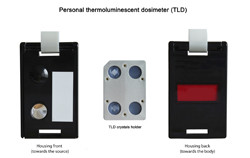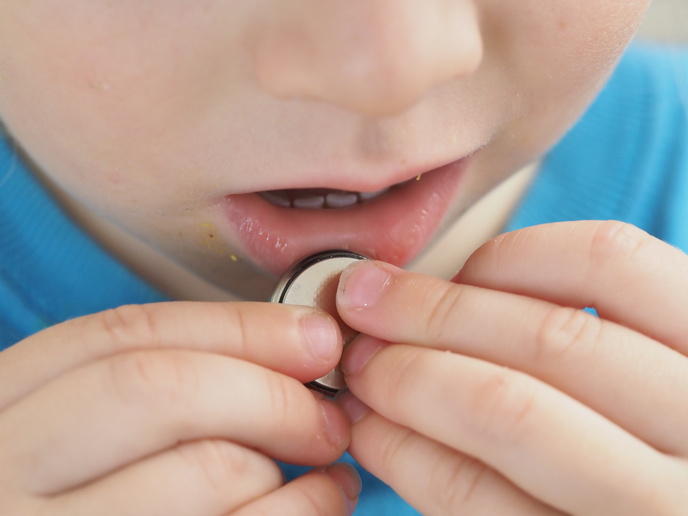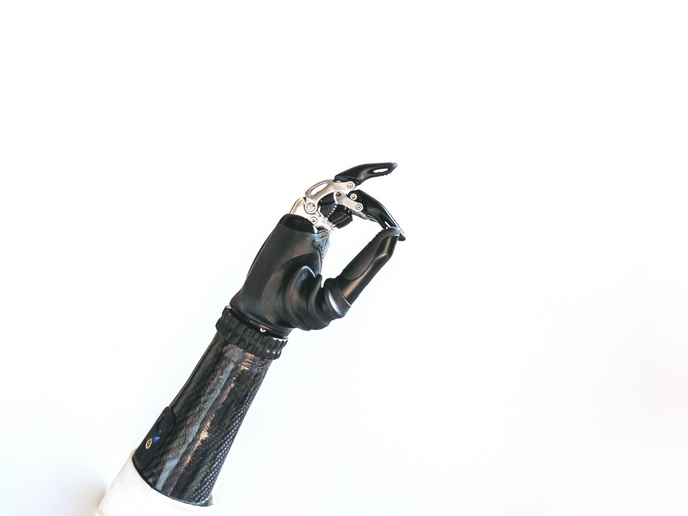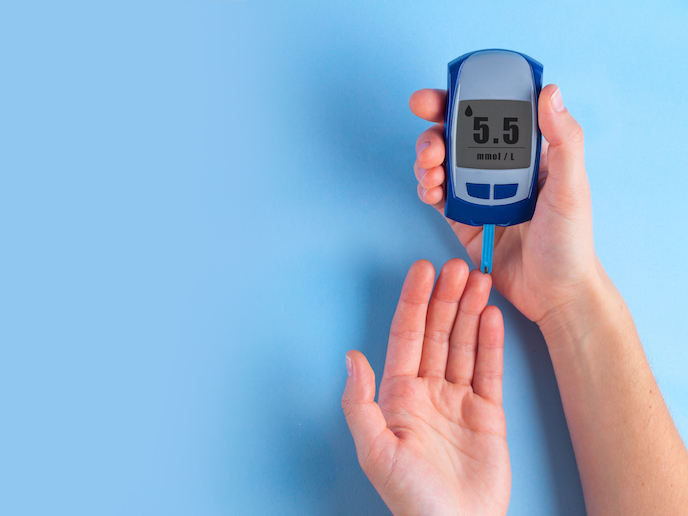Personalised radiation dosimeters
Radiation sensing is important to protection of human health, instrumentation and the environment in many fields. A very small radiation dosimeter called the radiation-sensing field effect transistor was invented in 1970. It has been an important tool for the last 20 years in space, high-energy physics laboratories and radiotherapy clinics. Until now, such devices for personal dosimetry have not been possible due to lack of sensitivity. A world leader in radiation-sensing field effect transistor technology recently demonstrated two to three times greater sensitivity using a stacked architecture. The EU-funded project 'Development of radiation sensors based on stacked RADFET technology' (NEWRADSENS) was launched to develop and commercially exploit this potential. Recruitment of and collaboration with an experienced researcher in stacked radiation-sensing field effect transistor technology proved quite fruitful. The team advanced the semiconductor dosimeter both in terms of fabrication yield and performance. The first stacked radiation-sensing field effect transistor reader has now been produced. During the one year project, the research team has also begun investigations into another type of silicon radiation detector technology with great promise. NEWRADSENS provided an excellent opportunity to the recruited academic researcher for training in technical and administrative aspects of EU-funded projects as well as in obtaining venture capital funds, research commercialisation and patenting. The industry project coordinator provided invaluable input during establishment of a centre for nuclear radiation research by the fellow at his university. The extensive experience of the project coordinator is also paving the way to rapid commercialisation and marketing of this personal radiation dosimeter. Enhanced technical output of all involved in the project supported by the strong partnership has created ties that bind beyond project termination. The team has already collaborated on two joint project proposals with more certain to follow.
Keywords
Semiconductor, sensitivity, dosimetry, radiation-sensing field effect transistor, stacked, detector







